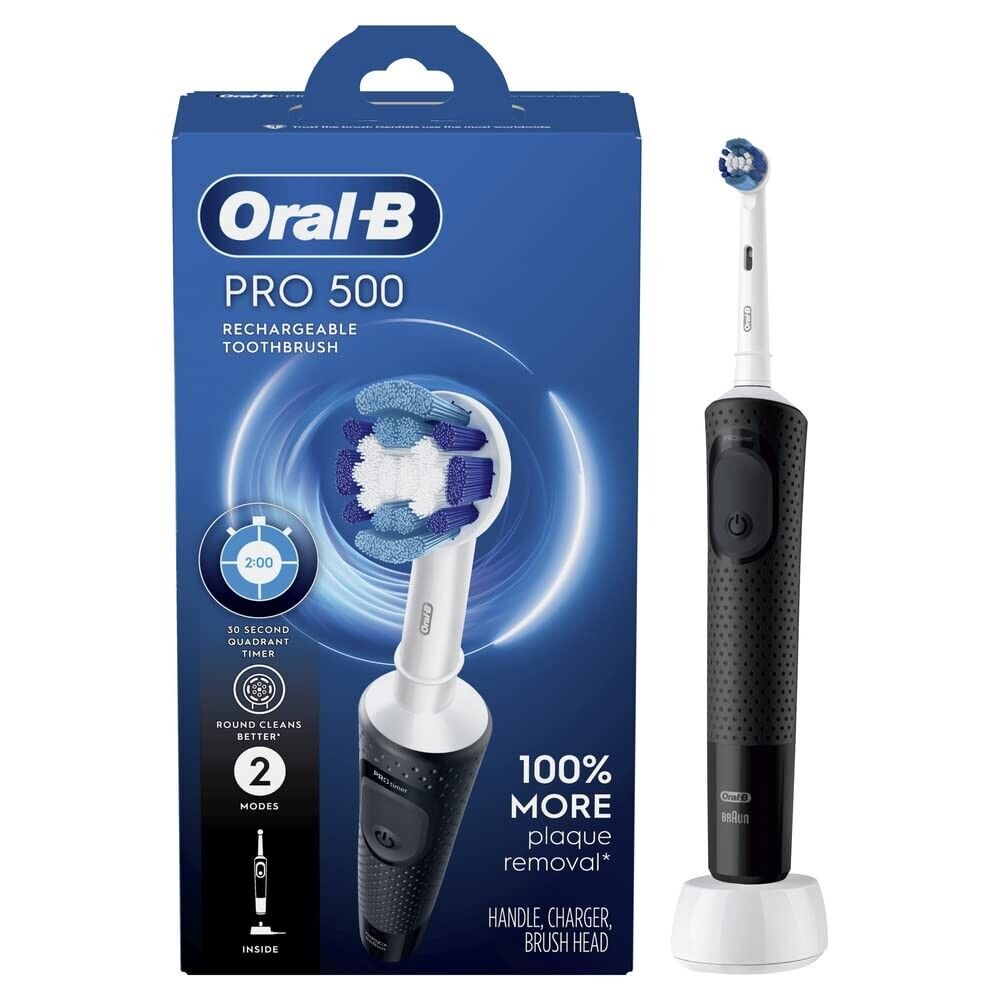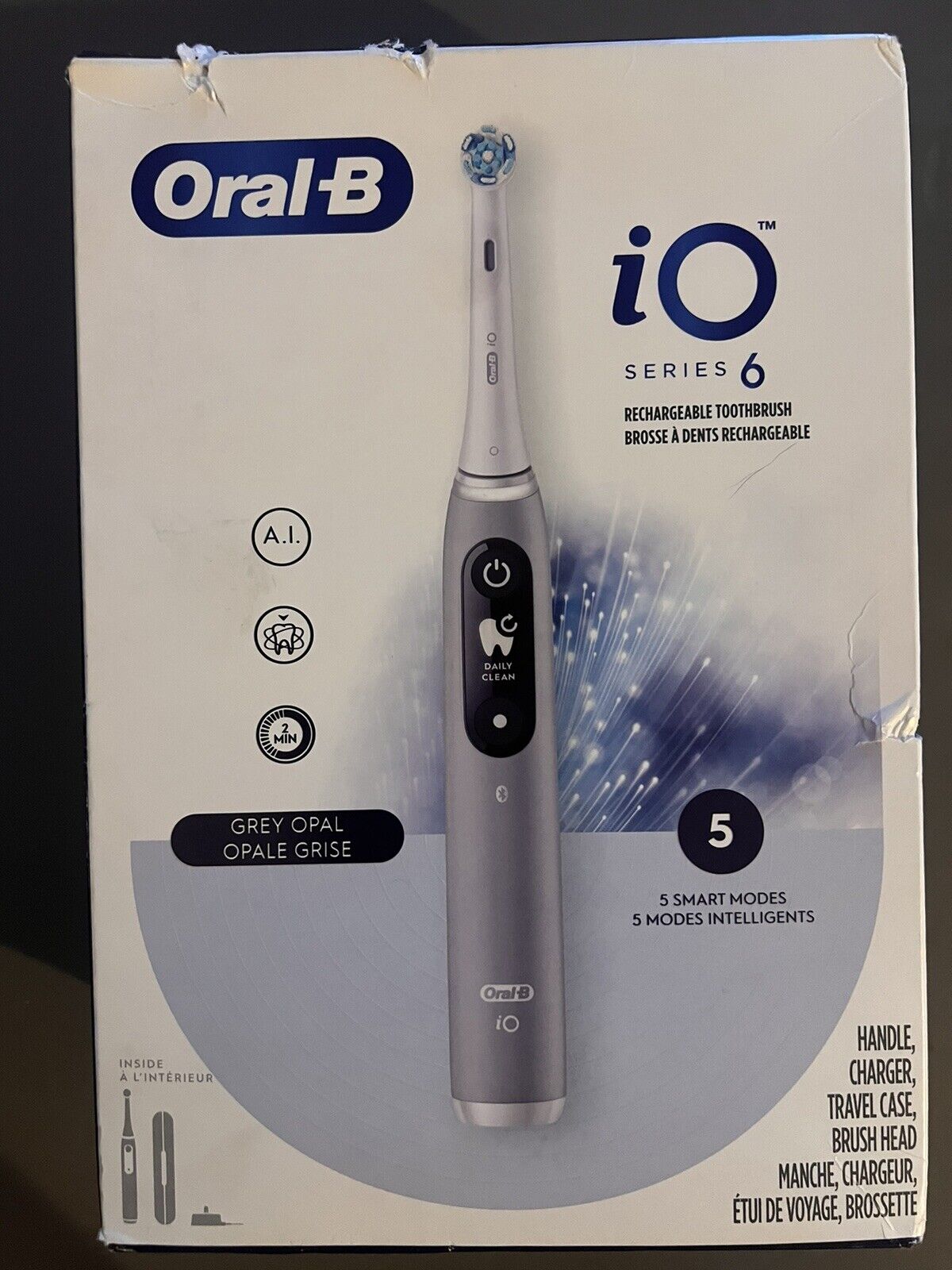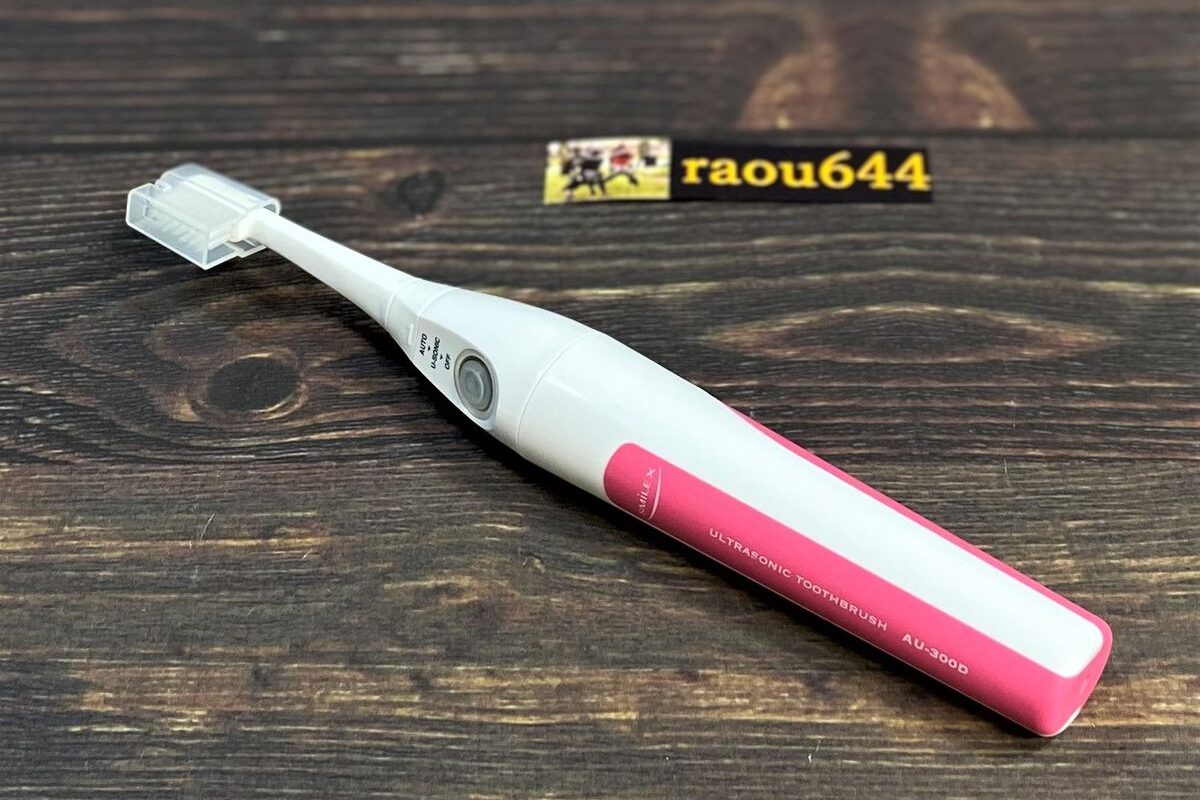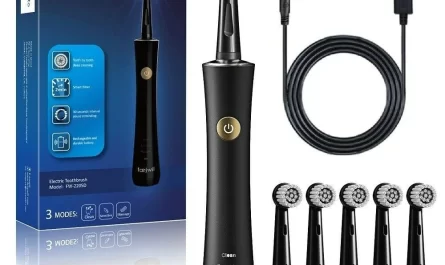Introduction: Debunking the electric toothbrush myth
When it comes to oral hygiene, the debate between manual and electric toothbrushes has been ongoing. Many people wonder if investing in an electric toothbrush is truly worth it. In this comprehensive guide, we will explore the advantages of an electric toothbrush over a manual toothbrush, helping you make an informed decision and prioritize your oral health.

Is an electric toothbrush a superior choice for oral hygiene?
-
The power of thorough cleaning
a. Rotating and oscillating bristles: Electric toothbrushes utilize rotating or oscillating bristles that can perform thousands of movements per minute, far surpassing the manual brushing technique. These rapid movements help remove plaque and debris more effectively.
b. Consistent brushing technique: Electric toothbrushes often have built-in timers that encourage the recommended two minutes of brushing. This ensures a consistent brushing technique and eliminates the discrepancy between a hurried manual brush and a thorough electric brush.
-
Improved plaque removal
a. Enhanced cleaning action: The rapid movements of an electric toothbrush help dislodge plaque and food particles from the teeth more efficiently than manual brushing. The oscillating or rotating bristle heads can access hard-to-reach areas, including the gumline and interdental spaces.
b. Reduction in gingivitis and gum disease: Studies have shown that electric toothbrushes are more effective in reducing gingivitis and gum disease compared to manual toothbrushes. The improved plaque removal helps maintain healthier gums and minimize the risk of gum-related issues.

-
Easy and gentle on gums
a. Pressure sensors: Many electric toothbrushes are equipped with pressure sensors that activate when excessive force is applied. This feature helps prevent overbrushing and potential damage to the gums, providing a gentle and controlled brushing experience.
b. Soft and flexible bristles: Electric toothbrushes often come with brush heads that have soft bristles, allowing for a gentle and comfortable cleaning experience. This is particularly beneficial for individuals with sensitive teeth or gums.
-
Convenience and built-in features
a. Built-in timers and quadpacers: Electric toothbrushes commonly have timers that signal when two minutes of brushing have been completed. Some models also include quadpacers, which alert you to switch quadrants of your mouth every 30 seconds for an evenly distributed cleaning.
b. Additional cleaning modes: Many electric toothbrushes offer various brushing modes, such as sensitive, whitening, or gum care. These modes cater to specific oral health needs and allow individuals to customize their brushing experience.
c. Battery-powered or rechargeable: Electric toothbrushes are available in both battery-powered and rechargeable options, giving users the flexibility to choose according to their preference and convenience. Rechargeable models often come with long-lasting batteries, eliminating the need for frequent replacements.

-
The role of personal preference
a. Motivation and enjoyment: Some individuals find using an electric toothbrush more enjoyable, motivating them to brush for longer periods and maintain consistency in their oral care routine. The novelty and buzz of an electric toothbrush can make the daily task of brushing teeth more engaging.
b. Enhanced control and dexterity: Certain individuals, such as those with limited mobility or motor coordination issues, may find an electric toothbrush easier to handle and maneuver. The vibrating or rotating motion of the bristles minimizes the physical effort required for effective cleaning.

-
Cost-effectiveness and long-term savings
a. Initial investment: While electric toothbrushes may have a higher upfront cost compared to manual toothbrushes, they can prove to be more cost-effective in the long run. With proper care and maintenance, electric toothbrushes can last for years, eliminating the need for frequent replacements as with manual toothbrushes.
b. Reduced dental expenses: The superior cleaning action and plaque removal of an electric toothbrush can contribute to better overall oral health. This, in turn, can lead to reduced dental expenses by minimizing the risk of cavities, gum disease, and other dental issues that may require costly treatments.
c. Long-term investment: While electric toothbrushes may have a higher upfront cost compared to manual toothbrushes, they can be a more cost-effective choice in the long run. This can save you money on buying new toothbrushes consistently.
d. Durability and longevity: Electric toothbrushes are designed to be durable and last for several years with proper care. Investing in a quality electric toothbrush can provide you with reliable and long-lasting oral hygiene tools, saving you the hassle and expenses of frequently replacing manual toothbrushes.
-
Impact on children’s oral health
a. Motivation for children: Electric toothbrushes can be particularly beneficial for children who may struggle with manual brushing techniques or find it boring. The vibrant colors, fun designs, and buzzing sensation of an electric toothbrush can make brushing more exciting for children, encouraging them to develop good oral hygiene habits early on.
b. Improved brushing technique: The rapid movements and built-in timers of electric toothbrushes help children brush for the recommended two minutes and ensure they reach all surfaces of their teeth. This can help instill proper brushing techniques and set the foundation for a lifetime of good oral health.
-
Expanding accessibility and adaptability
a. Options for different needs: Electric toothbrushes are available in various sizes, designs, and styles, making them accessible to people of all ages and abilities. Whether you have braces, dental implants, or other oral health concerns, there is likely an electric toothbrush option that can cater to your specific needs.
b. Travel-friendly options: Many electric toothbrushes come with travel cases or are designed to be compact and portable. This makes it easier to maintain your oral hygiene routine even when you are on the go, ensuring consistency and quality of brushing no matter where you are.
Parental control and children’s oral hygiene
a. Engaging for children: Children often find brushing their teeth with an electric toothbrush more exciting and enjoyable. This can help encourage them to maintain good oral hygiene habits from a young age. Electric toothbrushes designed specifically for children often feature colorful and appealing designs to make brushing a fun experience.
b. Parental supervision and control: Some electric toothbrushes come with parental control features that limit the brushing time or provide reminders for children to brush their teeth properly. These features can assist parents in guiding their children in developing effective oral hygiene routines.

Conclusion: The triumph of the electric toothbrush
While manual toothbrushes suffice for oral hygiene, the advantages of electric toothbrushes are undeniable. They offer consistent and powerful cleaning, improved plaque removal, gentle brushing, and added convenience. With built-in features and options for different needs, electric toothbrushes excel in maintaining optimal oral hygiene. The decision between electric and manual toothbrushes is personal, but the benefits of electric ones for a healthy smile are hard to ignore.




